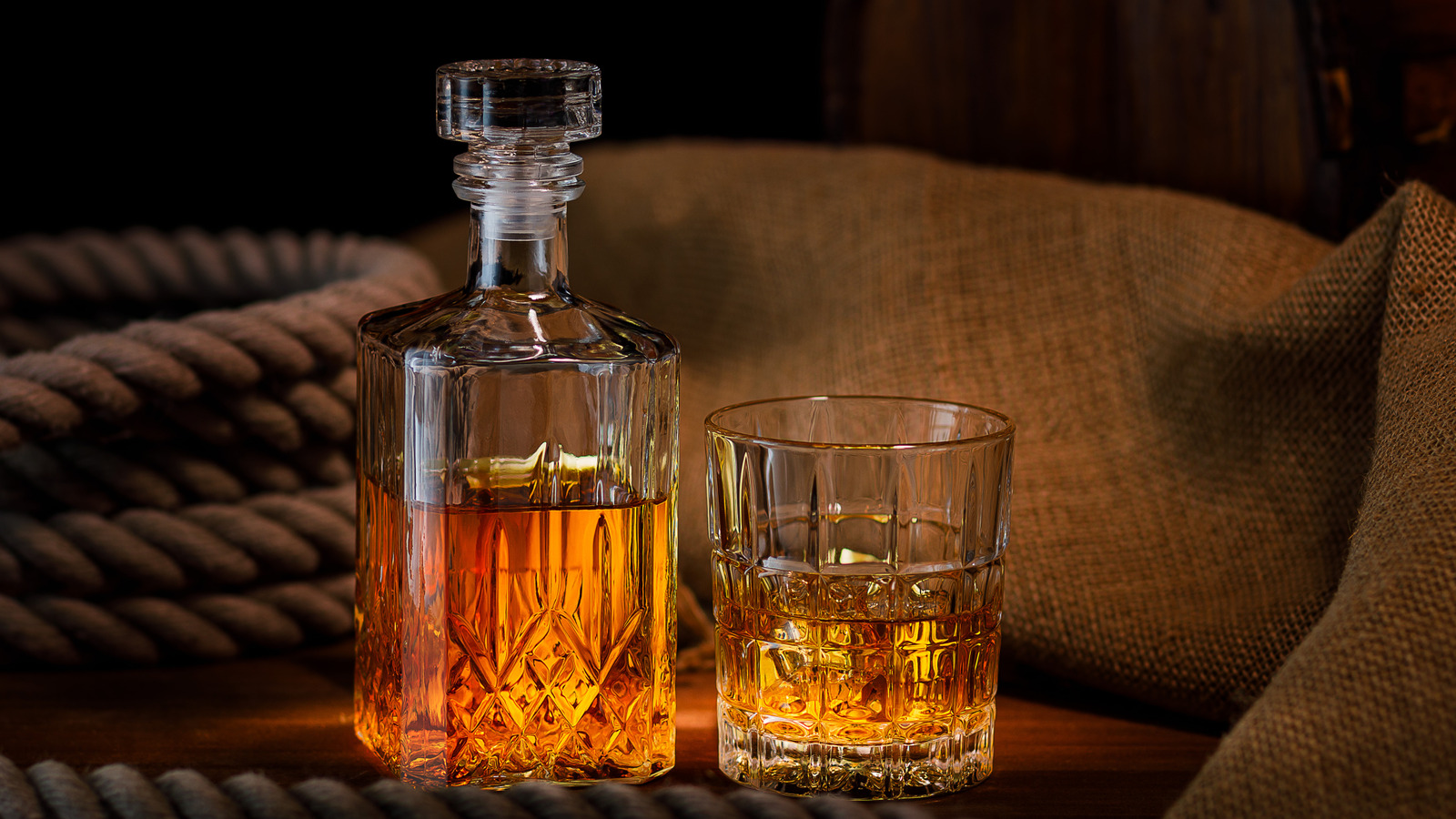
""Unlike wine, it's not necessary to decant whiskey," Davis says. In fact, it's not only unnecessary; it could prove detrimental. "Depending on where the decanter is stored and how wide the neck is, the whiskey can 'turn' more quickly compared to leaving it in the bottle, as sunlight and oxygen are the true enemies of whiskey." Some of the reasons we decant wine are the very reasons we shouldn't decant whiskey."
"Letting wine breathe with a little exposure to oxygen can knock off volatile compounds that might be undesired, like carbon dioxide in a red. A small amount of oxygen can catalyze chemical reactions leading to pleasant flavor developments in certain wines. But while a short breathing period can also open up positive flavors in whiskey, any more exposure leads to oxidation, which deadens existing flavors and introduces unwanted ones like wet cardboard."
Decanting whiskey is unnecessary and can speed flavor degradation by increasing exposure to oxygen and light. Short air exposure can briefly enhance some aromas, but prolonged exposure causes oxidation that deadens flavors and adds off-notes like wet cardboard. Decanters originated when whiskey was sold from barrels and clear glass was used to display color, which exposed spirits to light and air and shortened freshness. Bottled whiskey in tinted glass with proper seals preserves quality longer. Proper storage involves resealing containers, keeping spirits at or below room temperature, and minimizing light and oxygen exposure.
Read at Tasting Table
Unable to calculate read time
Collection
[
|
...
]